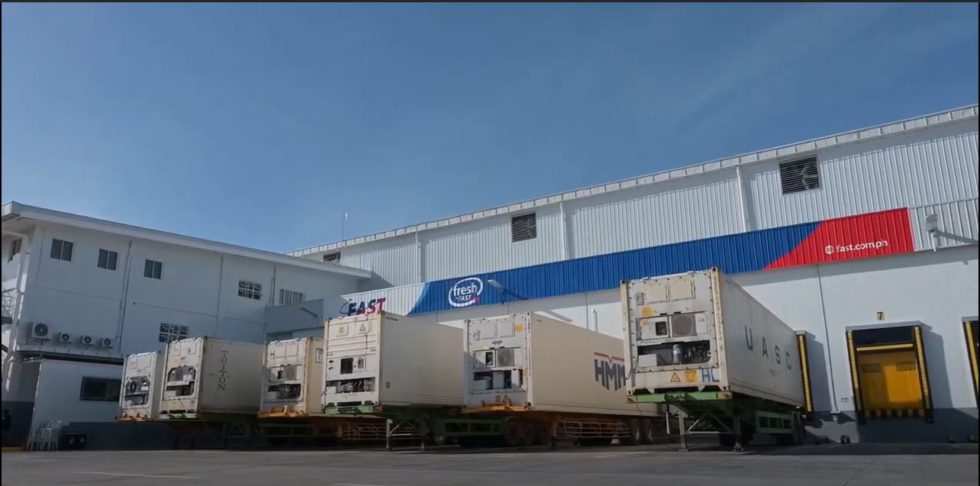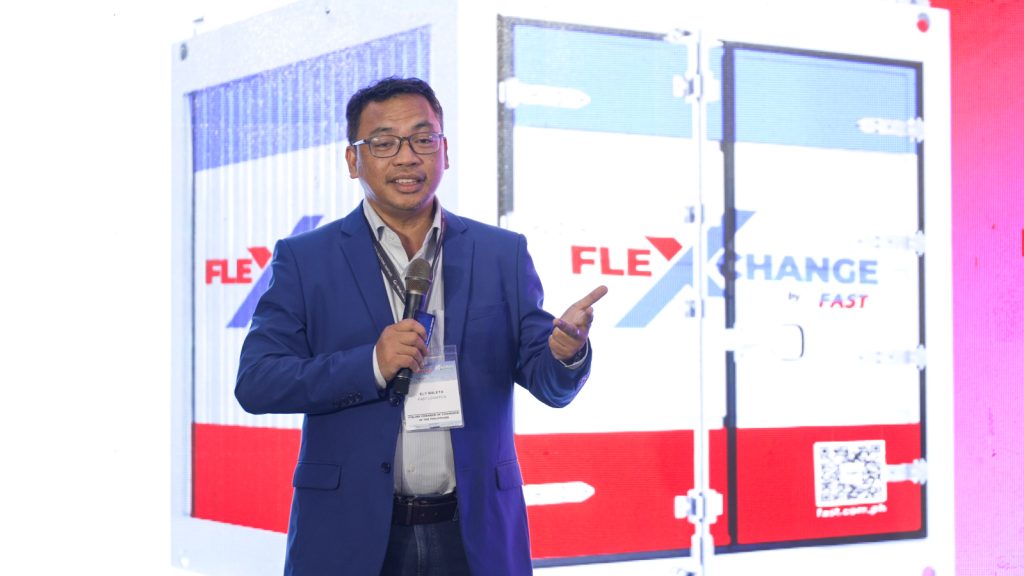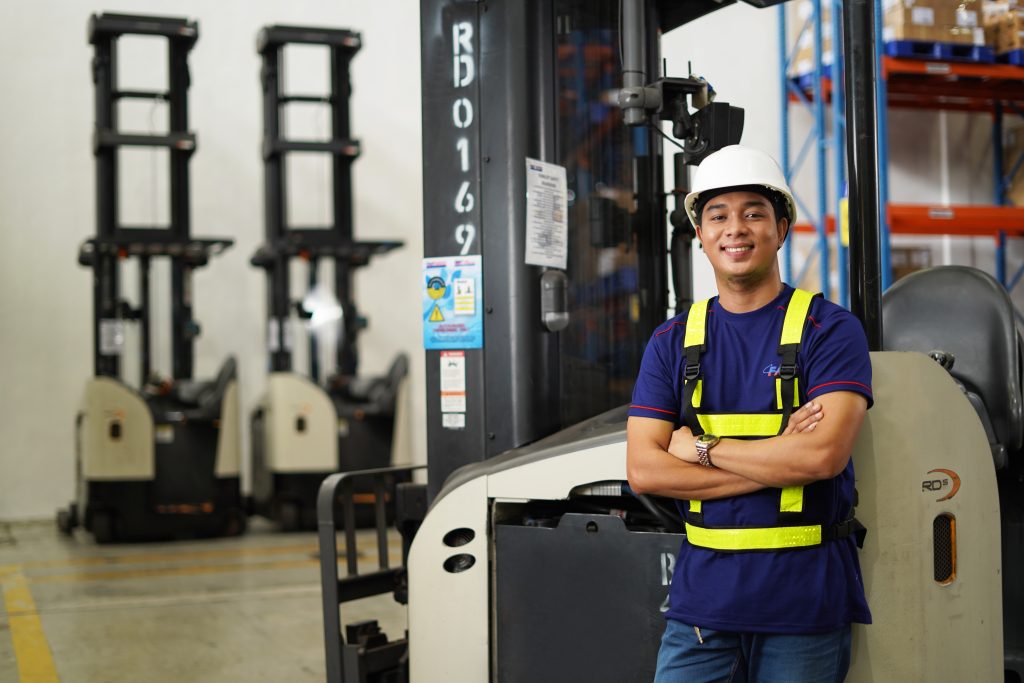
By 2026, the logistics workforce will need a combination of digital, analytical, and human-centric skills to navigate an increasingly automated, data-driven, and disruption-prone environment.
While AI and automation are often feared to replace jobs, the demand for skilled logistics professionals in the Philippines is growing, particularly for those who can adapt to the fast-paced, technology-driven supply chain landscape.
As more companies enter or expand in the Philippine market, there is a rising need to meet warehousing requirements and transport needs for businesses of all sizes. This growing demand makes logistics careers in the Philippines both promising and essential.
3PL and 4PL companies, such as FAST Logistics Group, have observed a surge in demand for talent equipped with both digital and soft skills. In 2025 alone, FAST saw more than a 300% increase in demand for logistics professionals for warehouse transition compared to 2024. FAST is anticipating a talent requirement of up to 7,000 by 2026 to support its expanding logistics operations and client portfolio.
As the country’s leading provider of end-to-end logistics solutions, FAST highlights the skills that will define the Philippine logistics workforce of 2026.
Digital Fluency and AI Literacy
Modern logistics operations rely heavily on data and AI-driven tools, including Warehouse Management Systems (WMS) and Transport Management Systems (TMS). Professionals who understand AI capabilities and limitations, craft effective prompts, and leverage analytics for decision-making will be highly sought after.
In fact, digital fluency and AI literacy appear to be the most important skills for logistics professionals in 2026. These skills enable logistics staff to monitor operations in real time, optimize routes, and forecast demand accurately, giving businesses a competitive edge. Filipino workers should embrace AI as a tool to enhance productivity rather than fear it, as human expertise remains irreplaceable in logistics.
AI and sustainability go hand in hand. AI enables logistics providers like FAST Logistics Group to optimize truck utilization and route planning — reducing empty runs and consolidating cargo — which drives efficiency while significantly cutting carbon emissions and supporting sustainable logistics.
Analytical Thinking and Complex Problem-Solving
The logistics sector demands professionals who can interpret incomplete data, navigate ambiguity, and make informed operational decisions based on information from real-time visibility. From forecasting delivery times to optimizing warehouse layouts, analytical thinking and problem-solving are central to efficient supply chain management in the Philippines.
Specialized Technical Expertise
Specialized technical roles are increasingly important in logistics. Professionals skilled in Material Handling Equipment (MHE) operations or those with TESDA NCII certifications are in high demand. Technical upskilling not only improves employability locally but also opens opportunities for overseas work with competitive salaries.
Adaptability and Flexibility
The dynamic logistics environment demands employees who can adapt to changing circumstances, pivot quickly, and cover multiple roles when necessary. For example, drivers may handle utility tasks, while warehouse staff rotate between picking and checking operations to ensure business continuity during absences or peak periods.

Communication and Collaboration
With diverse teams working together, strong communication and collaboration skills are essential. Logistics professionals must coordinate efficiently, resolve issues quickly, and maintain a customer-centric mindset. Precision in transport logistics and clear communication are critical to navigating supply chain disruptions and meeting client expectations. This is particularly important in the Philippines during disruptions such as typhoons and earthquakes, as well as peak seasons.
Leadership and Emotional Intelligence (EQ)
Leadership in logistics goes beyond titles. Professionals who can inspire teams, communicate vision, and foster collaboration are highly valued. Emotional intelligence is equally important for conflict resolution, teamwork, and building positive relationships in a fast-paced logistics environment.
Continuous Learning Mindset
Rapid technological changes in logistics make lifelong learning, upskilling, and reskilling crucial. Professionals committed to continuous development can stay ahead of industry trends, maintain relevance, and advance their careers in a sector that is increasingly driven by innovation.
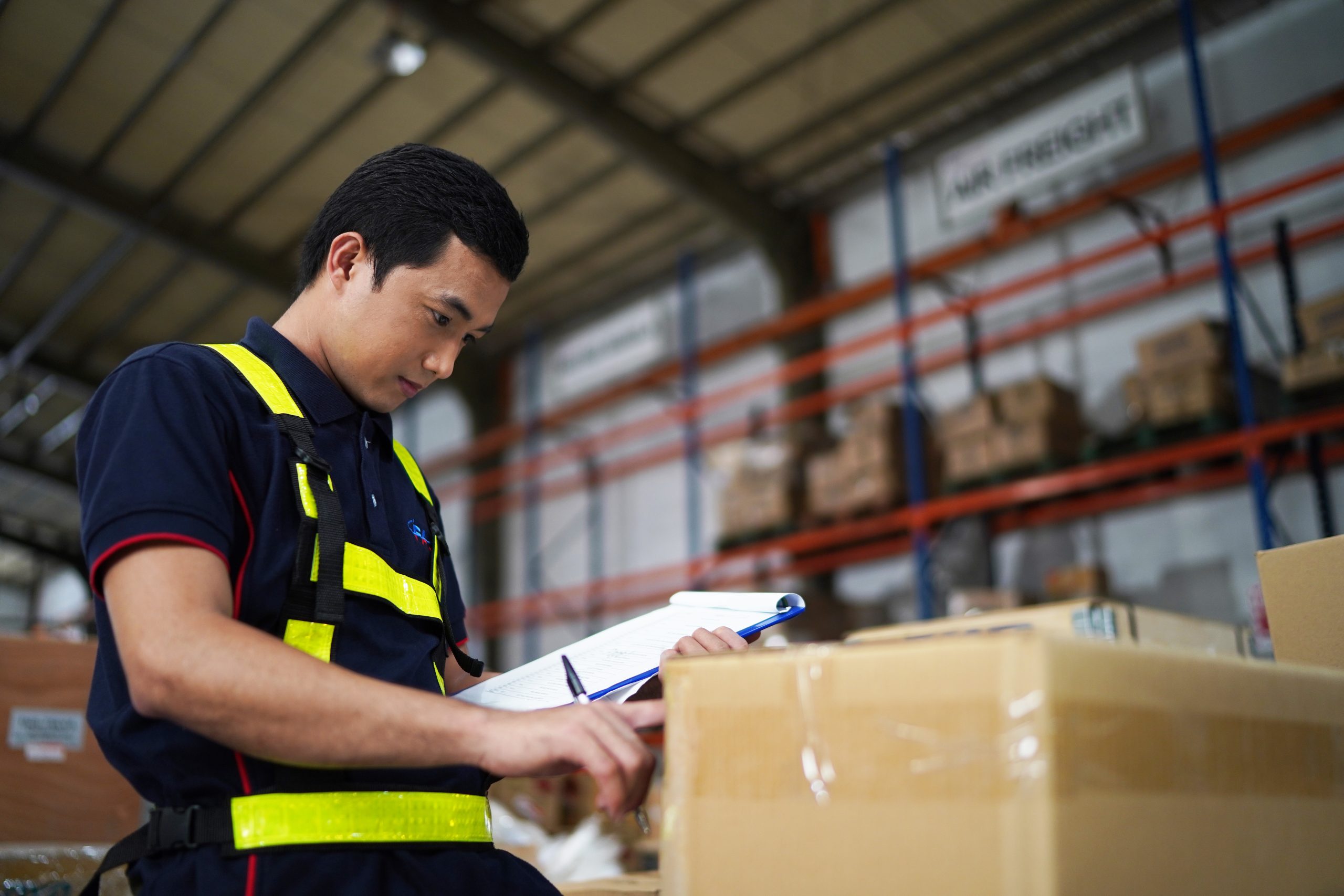
Who is the Ideal Logistics Professional of 2026
The ideal logistics professional of 2026 is digitally literate and comfortable with AI tools, able to leverage technology to optimize operations and make data-driven decisions. They possess strong analytical and problem-solving skills, coupled with technical expertise in logistics operations. Adaptability and flexibility are key, as they are often cross-trained to handle multiple roles and pivot quickly in response to changing circumstances.
Moreover, effective communication, collaboration, and a customer-focused mindset enable them to work seamlessly with diverse teams. They should be committed to continuous learning and personal development and stay ahead of industry trends. The ideal logistics professional also demonstrate emotional intelligence, using it to build positive relationships, resolve conflicts, and influence others constructively.
FAST Logistics Group: Employer of Choice for Philippine Logistics Professionals
The logistics workforce of 2026 in the Philippines will be digitally savvy, adaptable, and highly skilled, with the ability to navigate an increasingly complex and automated industry. With the right combination of technical expertise, soft skills, and a continuous learning mindset, logistics professionals will be well-positioned to thrive in a sector that remains crucial to the nation’s economy and global trade.
FAST Logistics Group continues to lead in developing the Philippine logistics workforce, providing training, career opportunities, and a supportive environment for talent growth. Companies looking for logistics training can reach out to FAST Training Experts
FREQUENTLY ASKED QUESTIONS
Why is Logistics a Strong Career Choice
Logistics offers job security, resilience against AI-driven disruption, and growing demand across sectors including automotive, electronics, clothing, chemicals, and pharmaceuticals. FAST Logistics Group is heavily investing in recruiting, training, and developing logistics talent, making it an ideal sector for career growth. In 2025, FAST required over 1,500 talents in the warehousing transition alone, a 300% increase from 2024, due to business expansion and new client partnerships. This number excludes seasonal employees and replacements for attrition.
What are the Common Job Roles Needed in Philippine Logistics
- Warehouse Manager – Oversees operations, inventory management, order picking and packing, and shipping coordination
- Warehouse Checker – Verifies incoming and outgoing goods, ensuring quantity, quality, and documentation accuracy
- Warehouse Picker – Selects products from inventory according to orders, maintaining accuracy and efficiency
- Logistics and Transport Coordinator – Manages transport schedules, coordinates carriers, and ensures timely delivery
- Load Planner – Plans and optimizes loading of goods onto trucks or containers
Do you Need to be a College Graduate to Work in Logistics
FAST provides employment opportunities to individuals regardless of their educational attainment. College graduates are typically required for office positions. Those who have completed basic education or elementary school — as well as secondary education, junior high school, or senior high school — are eligible for warehouse staff positions.
Categories
-
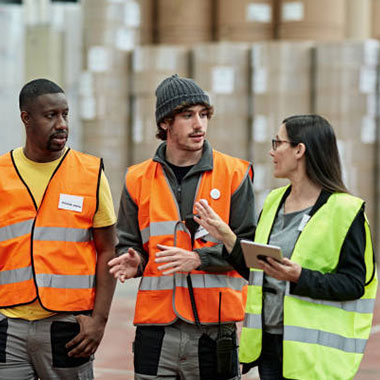
FAST Ahead
Includes case studies and testimonials of our partners as well as other featurettes from industry experts
-

FAST Hacks
We simplify logistics terms and provide practical tips and solutions for the DIY in you
-
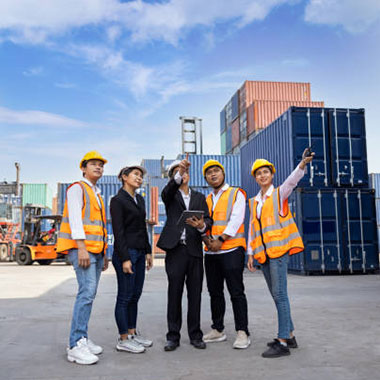
FAST Highlights
Know more about our history, various brands, achievements, and news updates
-

FAST Moments
Get to know the people of FAST, our employee programs, as well as our various ways of giving back to the community
-
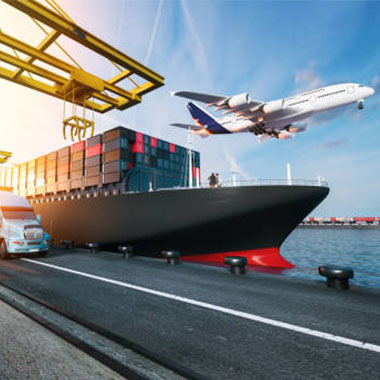
FAST Solutions
Learn more about the various logistics solutions that we cater to and offer our clients, as well as tech innovations, and service facilities

